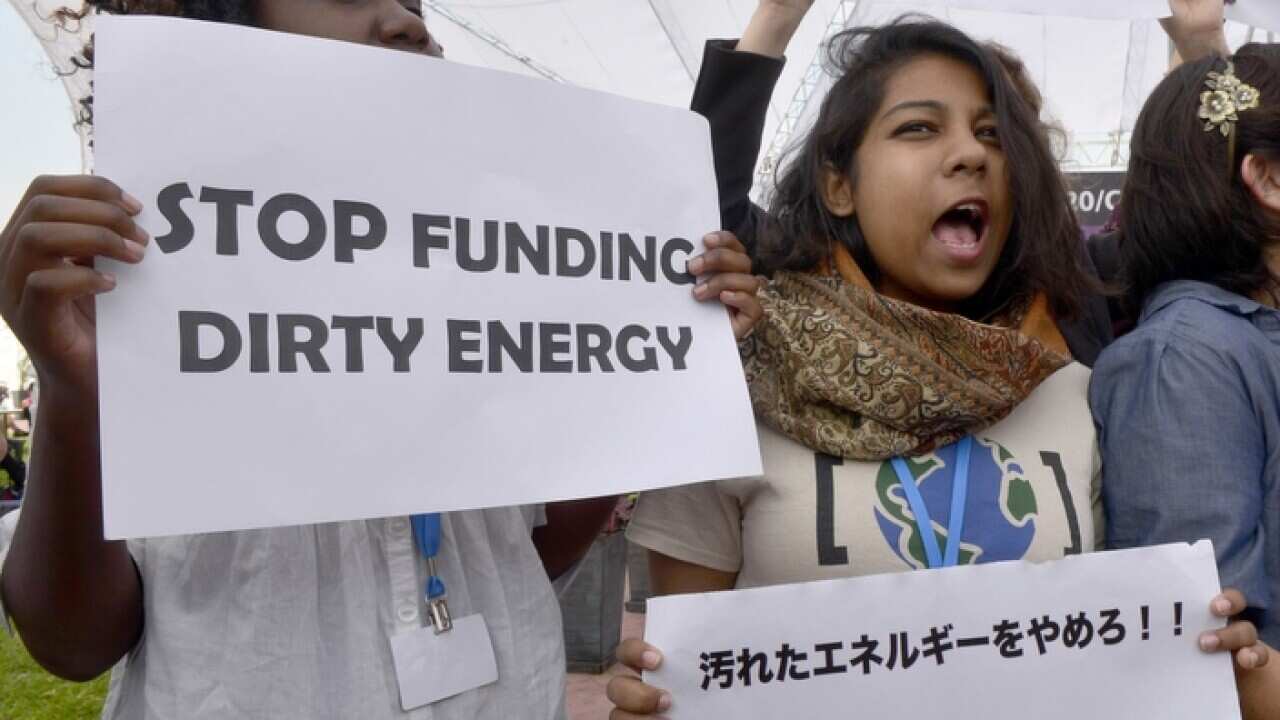(Transcript from SBS World News Radio)
The United Nations says this year may end as one of the hottest on record.
Experts say rising seas, crippling droughts and floods are evidence of a long-term trend of global warming.
Hannah Sinclair reports.
(Click on the audio tab above to hear the full report)
On the sidelines of the United Nations climate talks in Peru, the World Meteorological Organisation delivered one searing message, that 2014 may prove to be the warmest year on record.
The Organisation's Deputy Secretary General, Jeremiah Lengoasa, says preliminary estimates indicate a continual rise in temperature.
"Comparing January to October 2014 to earlier years, if November and December maintain the same global temperature anomaly value, the best estimates for 2014, according to this measure, will place it as the warmest year on record."
The WMO says average sea temperatures have hit record highs this year.
The global average air temperature over land and sea surface for January to October was about 0.57 degrees Celsius above the 14-degree average from 1961 to 1990.
Mr Lengoasa says it was 0.09 degrees above the average for the decade since 2004.
"One of the big indicators on how the climate is changing is in sea surface temperature anomalies. We indicate the sea surface temperature anomalies from January to October 2014 which were about 0.45 degree Celsius above the 1961 to 1990 average."
Head of the UN Climate Change Secretariat, Christiana Figueres says ocean climates are suffering because of rising temperatures.
"The heat is being absorbed by the oceans. There is no doubt that the ocean continues to warm and that on a very, very consistent basis and what it is doing, frankly, is doing us a little favour. They are absorbing the heat that could have gone to the land and they are paying the price.
Leaders from nearly 200 countries are attending climate talks in the Peruvian capital, Lima, over the next two weeks.
They are working on a UN climate deal to be agreed upon in Paris next year.
Ms Figueres says world leaders have the power to cut greenhouse gas emissions if they show political will.
"We do have the funding for this. The capital is available, it's a question of taking a decision on where that capital is going to go. The only way that capital is going to go into clean technologies into the technologies of this century, as opposed to into obsolete technologies, is if they receive a very clear signal from governments that that truly is the direction in which we're going to go."
Share

